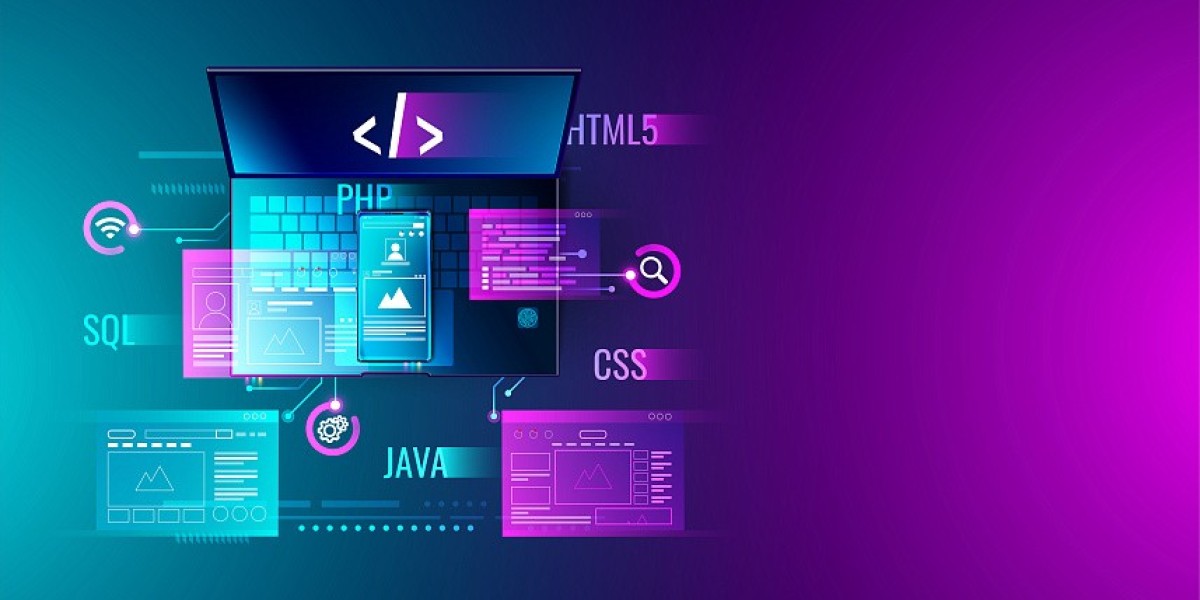In today’s digital economy, payment platforms are evolving to meet the needs of both consumers and businesses. Two standout platforms in this space are Cash App and Square—both products of Block, Inc. (formerly Square, Inc.). Although they share the same parent company, they serve distinct purposes and audiences. If you're trying to decide which platform suits your needs, it's important to read more about how Cash App and Square compare in features, functionality, and user experience.
What Is Cash App?
Cash App is a peer-to-peer (P2P) payment platform designed primarily for individuals to send and receive money quickly and easily. It allows users to transfer funds using just a phone number, email, or $Cashtag—a unique identifier tied to each Cash App account. The app also offers features such as direct deposit, a debit card (Cash Card), Bitcoin investing, and stock trading.
Cash App is especially popular with younger users due to its intuitive interface and mobile-first approach. It's ideal for splitting bills, paying rent, or sending quick payments to friends or family. For many, it serves as a partial banking alternative, especially with its direct deposit and debit card functions.
What Is Square?
Square, on the other hand, is a comprehensive business payment platform tailored for merchants, entrepreneurs, and service providers. It offers a suite of tools for accepting payments—both in-person and online—along with inventory management, payroll processing, invoicing, and analytics.
Square’s hardware products, such as the Square Reader and Square Terminal, make it a go-to solution for physical retailers and food service businesses. With its robust backend and customizable solutions, Square provides small and medium-sized businesses with the tools they need to manage operations efficiently.
Target Audience: Consumers vs. Businesses
One of the biggest differences between Cash App and Square lies in their target audiences. Cash App is aimed at consumers looking for simple, fast financial interactions. It focuses on personal finance, offering tools for sending money, making purchases, and even investing in Bitcoin or stocks.
Square is built for business users and offers a wide array of merchant services. From point-of-sale (POS) systems to customer relationship management (CRM), Square helps businesses streamline their operations and grow their customer base. It supports both brick-and-mortar stores and e-commerce businesses.
Payment Processing Capabilities
While both platforms allow users to send and receive money, the context and complexity of those transactions differ. Cash App is optimized for individual, small-value transactions—perfect for casual, everyday use. There’s minimal setup required, and transactions are usually completed within seconds.
Square processes higher-value transactions and supports multiple payment methods, including credit cards, mobile payments, and contactless options. It also includes tools for managing refunds, generating receipts, and tracking sales—all essential for running a business.
Additional Features and Services
Cash App’s additional services include cryptocurrency trading, stock investments, and banking features like ATM withdrawals and direct deposit. These offerings make Cash App more than just a payment app—it’s a financial ecosystem for personal finance.
Square offers business-centric features like employee time tracking, digital invoices, payroll integration, and sales analytics. It also has a marketplace of third-party apps that can be integrated to further expand functionality.
Security and User Experience
Both Cash App and Square prioritize security with encryption, two-factor authentication, and fraud detection tools. Cash App is simple and user-friendly, making it easy for people with little tech experience to get started. Its mobile-only model is designed for speed and convenience.
Square offers a more complex interface due to its broader feature set, but it remains highly intuitive for business owners. The platform’s modular design allows users to choose the tools they need without being overwhelmed.
Which Should You Choose?
If you're an individual looking for an easy way to send money, pay friends, or explore investing, Cash App is the ideal choice. It’s quick to set up, easy to use, and packed with features that support modern, mobile financial needs.
If you're running a business and need robust tools for payment processing, inventory, and operations, Square is the better option. Its suite of integrated services helps you manage every aspect of your business from a single platform.
Although Cash App and Square are part of the same corporate family, they cater to very different user needs. Cash App empowers consumers to take control of their finances in a fast and flexible way, while Square equips businesses with the tools needed to thrive in a competitive marketplace. Understanding their differences will help you make the right choice—whether you’re managing personal money or building a business from the ground up. So before you decide, read more and explore what each platform has to offer.
In today’s digital economy, payment platforms are evolving to meet the needs of both consum









